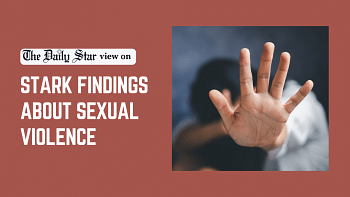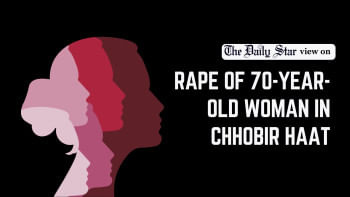Is women’s safety issue being sidelined?

We are worried about the lack of urgency with which the government seems to be approaching women's safety, despite reports of increasing harassment ranging from physical attacks to verbal abuse to online hate speech. It was only the other day that we commented on the stark findings of an advocacy forum relating to sexual violence, and how the tumultuous political developments of the past few months served to deflect attention away from these crimes. That has not changed yet. Women continue to be easy targets for harassment on the streets. But rarely has there been a strong public message or directive from the council of advisers or law enforcement authorities. This lack of messaging—coupled with still-inadequate police presence and insufficient legal action—is only emboldening potential harassers.
Our report in this regard, based on interviews and social media posts, describes the shock and fear facing victims. One of them is a filmmaker who reported experiencing a traumatic event last week, when an elderly man angrily berated her for not wearing a scarf while she was in her car. As his abuse escalated, she rolled up her window, which further enraged him, leading him to spit on her car before leaving. Shaken and humiliated, she explained how the incident made her feel powerless to protest, fearing backlash due to the man's age. There have been many such incidents of abuse in public spaces, workplaces, and online platforms, mostly for not adhering to conservative religious expectations.
What's evident from these cases is that there is a prevailing sense of lawlessness among certain groups due to which they feel they can get away with harassing women. To address this situation, strong condemnations from the government are necessary to send a message that there will be zero tolerance for gender-based crimes. At the same time, the authorities must ensure that law enforcement is visible and proactive both in public spaces and online, and that there are swift legal actions. As the country embarks on a reform drive in various sectors, it is imperative that women's safety issues are also included in it, making way for broader legal protections and their regular enforcement.


 For all latest news, follow The Daily Star's Google News channel.
For all latest news, follow The Daily Star's Google News channel. 









Comments